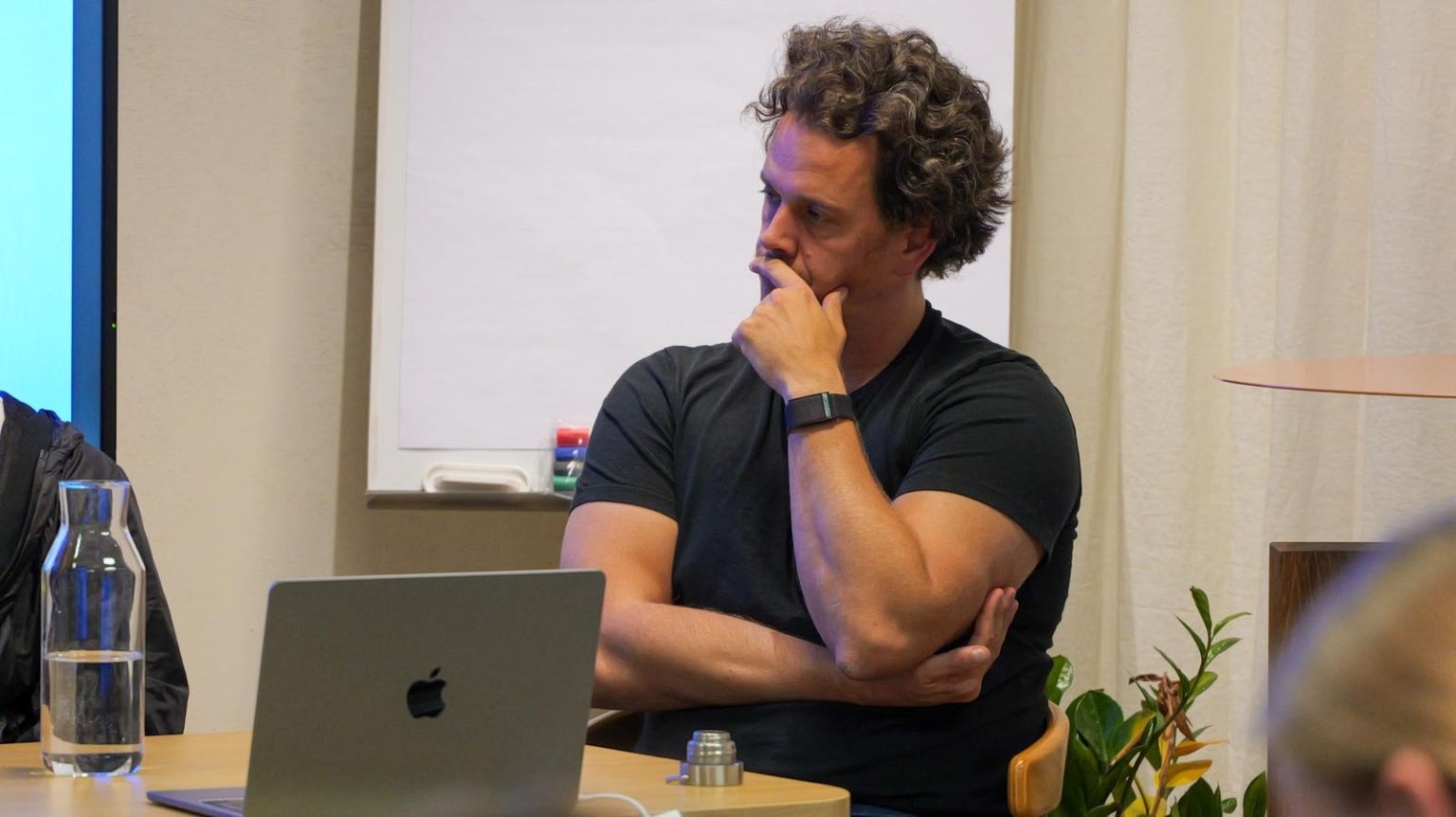European Startups Hampered by Regulatory Fragmentation, Petition Calls for Harmonization
Europe’s vibrant startup scene, a crucible of innovation and technological advancement, faces a significant impediment to its growth: the fragmented regulatory landscape governing company creation and investment across the European Union. Unlike the United States, where a unified legal framework facilitates seamless interstate operations, European startups navigate a complex web of national regulations, hindering their ability to scale and attract crucial funding. EU-Inc, a grassroots movement advocating for regulatory harmonization, has delivered a petition bearing 13,000 signatures to the European Commission, urging action to standardize company registration, governance, and capital investment rules across the bloc.
The Problem: A Patchwork of Rules Deters Investment and Stifles Growth
The core issue, as highlighted by EU-Inc co-initiator Andreas Klinger, lies in the disparate rules governing company structure and governance across member states. This regulatory patchwork creates a significant barrier for international investors, particularly venture capitalists, who are often hesitant to navigate the complexities of varying national requirements. While some European countries with robust local investor networks may mitigate this challenge, startups seeking international funding find themselves at a disadvantage. According to Klinger, less than 18% of early-stage funding rounds are pan-European, highlighting the difficulty startups face in attracting investment beyond their national borders. This situation forces many startups to register under US regulations, establishing U.S. holding companies to appeal to international investors, adding complexity and cost to their operations.
The Impact: Fragmented Ecosystem Limits European Competitiveness
This fragmented regulatory landscape creates a significant disadvantage for the European startup ecosystem as a whole, hindering its ability to compete globally against more unified markets like the United States. While individual countries may boast pockets of innovation, the lack of a cohesive European ecosystem prevents the synergistic growth and cross-border collaboration that could propel the continent’s startups to new heights. The current situation, according to Klinger, is akin to a collection of countries competing individually rather than a unified force capable of challenging global tech giants. This fragmentation ultimately restricts the potential of European startups to scale and attract the investment needed to drive innovation and economic growth.
The Solution: Standardization to Streamline Investment and Foster Growth
EU-Inc proposes a pragmatic solution: standardization of key aspects of corporate law related to governance, investment, and shareholdings across the European Union. This harmonization would create a level playing field, enabling investors, both within Europe and from abroad, to operate under a consistent set of rules, simplifying due diligence and facilitating cross-border investment. A standardized framework would also streamline legal processes, reducing the need for investors to adapt their strategies and contracts to varying national requirements. By simplifying the investment process, harmonization aims to unlock greater capital flow into European startups, fostering innovation and boosting the continent’s competitive edge.
The Call for Action: Gaining Support and Driving Change in Brussels
The success of EU-Inc’s petition hinges on its ability to gain traction in Brussels, where lobbying groups compete for attention. The organization has secured the backing of influential figures in Europe’s tech scene, including Patrick Collison of Stripe, Jarek Kutylowski of DeepL, and Revolut CEO Niklas Zennstrom, lending weight to their call for change. Furthermore, EU-Inc’s push for standardization aligns with recent statements by European Commission President Ursula Von Der Leyen, who has acknowledged the barriers faced by European startups seeking to expand and raise capital across the bloc. This alignment suggests a growing appetite for regulatory reform at the policy level, offering a glimmer of hope for EU-Inc’s proposals.
The Path Forward: Building Consensus and Overcoming National Resistance
EU-Inc aims to initiate a broader discussion on regulatory harmonization, seeking feedback from the startup community and investors to refine their proposals. This consultative approach is crucial for building consensus and addressing potential concerns from member states. While some countries, like Estonia, have attracted entrepreneurs with favorable regulatory environments, the overall fragmentation of the European ecosystem limits individual countries’ ability to compete globally. EU-Inc argues that a unified, standardized market will ultimately benefit all member states by fostering a more dynamic and competitive European startup ecosystem. The task ahead lies in convincing member states to prioritize the collective benefit of a harmonized framework over perceived national advantages, paving the way for a more vibrant and globally competitive European startup landscape.


